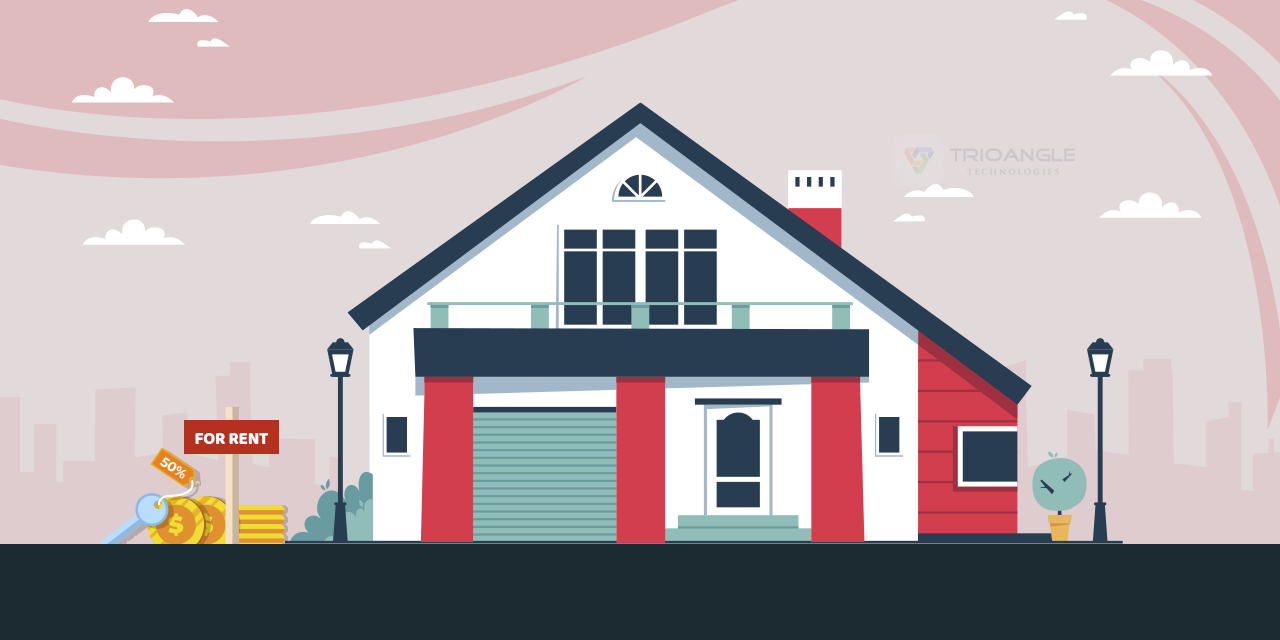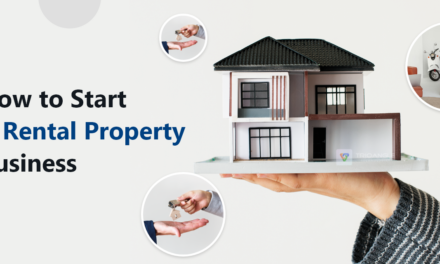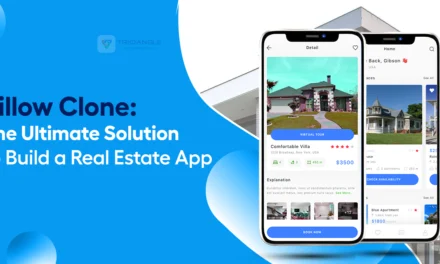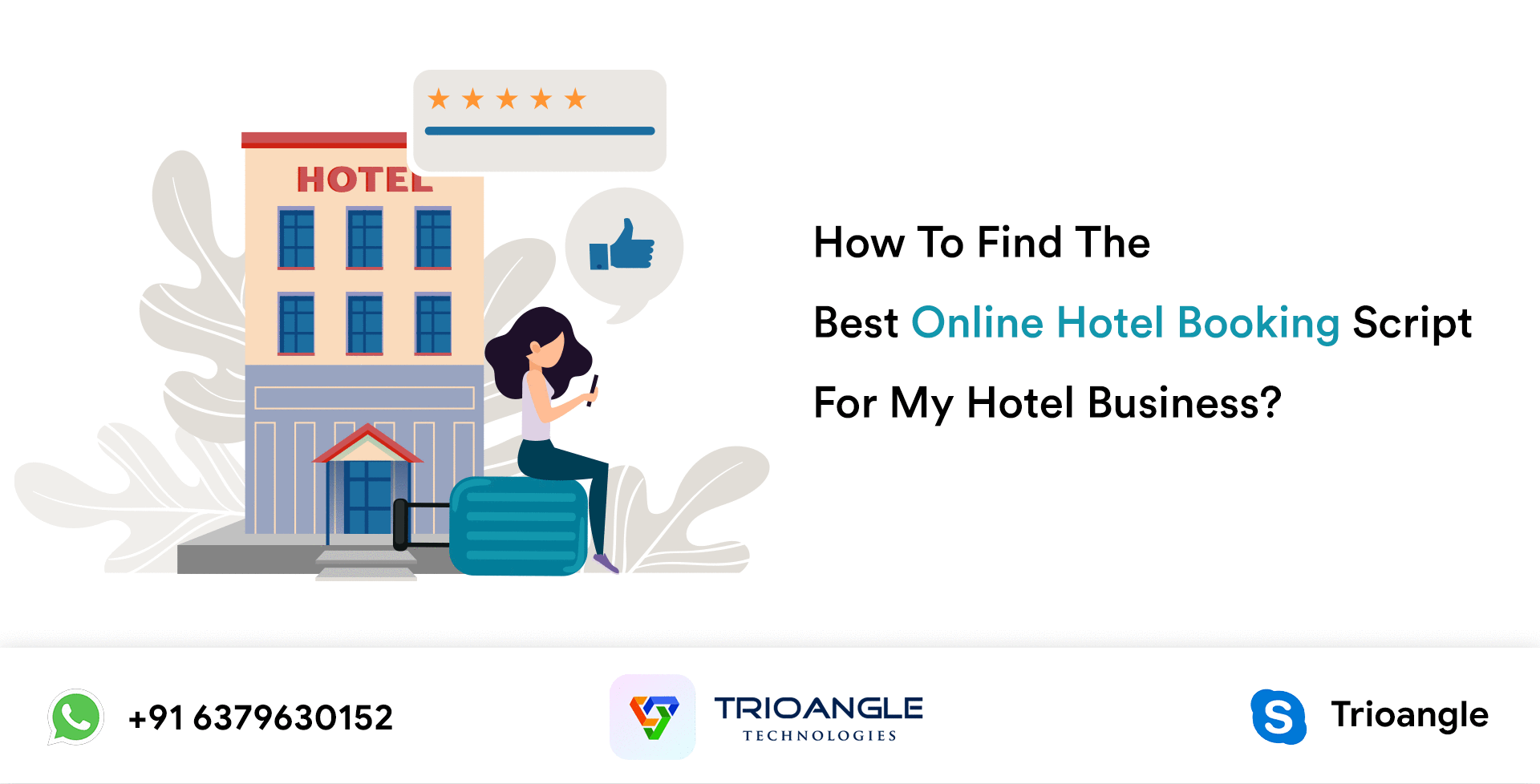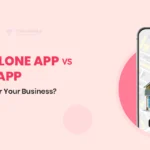Building Property Rental App – 7 Key Metrics for Success!
In our previous chapter, we explored the topic of “how to start a rental property business”. Now, let’s dive into property rental software.
Before the invention of rental marketplaces, renting a property was quite a big deal. But now, online rental management software simplifies this. Over 50% of real estate firms prioritize technology to enhance efficiency and tenant services.
Property management software boosts competitiveness and operational efficiency. However, building such software isn’t an easy task. It requires a focus on the right metrics to attract users and ensure sustainable growth.
Here are 7 key metrics to help you build and refine your property rental platform.
Let’s start with:
What is a Property Rental App?
A property rental platform is an online rental marketplace that connects renters with property owners. It functions as a digital bridge, simplifying the search process for both parties. Here’s a breakdown of the core functionalities:
For Property Owners:
- List vacant properties with photos and descriptions
- Manage inquiries and applications
- Screen potential tenants
- Collect rent payments (on some platforms)
For Renters:
- Search for properties based on location, size, price, and amenities
- Contact property owners for inquiries and viewings
- Apply for leases electronically
- Potentially pay rent online
These platforms offer several advantages over traditional rental methods, such as:
- Increased operational Efficiency
- Wider customer Reach
- Transparency in the rental process.
- Convenience
Property rental platforms come in various forms to meet different needs. Some focus on short-term rentals like vacation homes (e.g., Airbnb), while others specialize in long-term residential rentals (e.g., Zillow).
Market Overview of Property Rental App
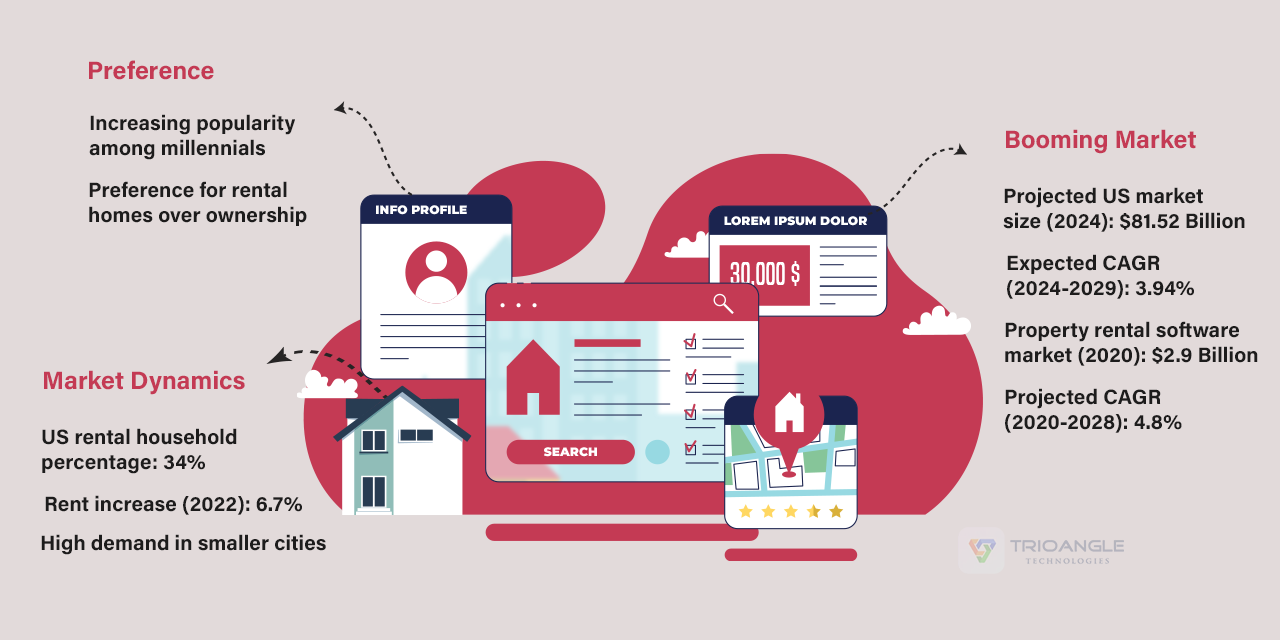
Rental platforms are gaining popularity, especially among millennials who are increasingly opting to rent homes.
- According to Mordor Intelligence’s report, the US Property rental Market is projected to reach $81.52 billion in 2024 and grow at a CAGR of 3.94% to reach $98.88 billion by 2029.
- Similarly, Grandview Research states that the property rental management software market was valued at $2.9 billion in 2020 and is expected to grow at a CAGR of 4.8% until 2028.
- In the US, around 34% of households live in rental properties. The rent increased by a total of 6.7% in 2022, particularly in smaller cities where properties are leased within days. As a result, rental platforms have seen significant success in recent years with amazing profits.
These reports indicate that the property rental market is booming, with properties equipped with rental software more likely to be rented out than those without them.
Now that you have a clear about the property rental app and its potential in upcoming years, let’s delve into the 7 key metrics that will guide your platform’s success.
Metrics to Develop a Property Rental App
Building a successful property rental software requires consideration of several key metrics to ensure growth, user satisfaction, and profitability. Here are 7 important metrics you should focus on:
1. Choose the Perfect Marketplace Solution
When it comes to building a property rental app, you have two options to consider. One is custom app development, and the other is utilizing a ready-made clone script. Each option has its advantages and disadvantages.
Here’s a comparison table to help you decide which one best meets your needs:
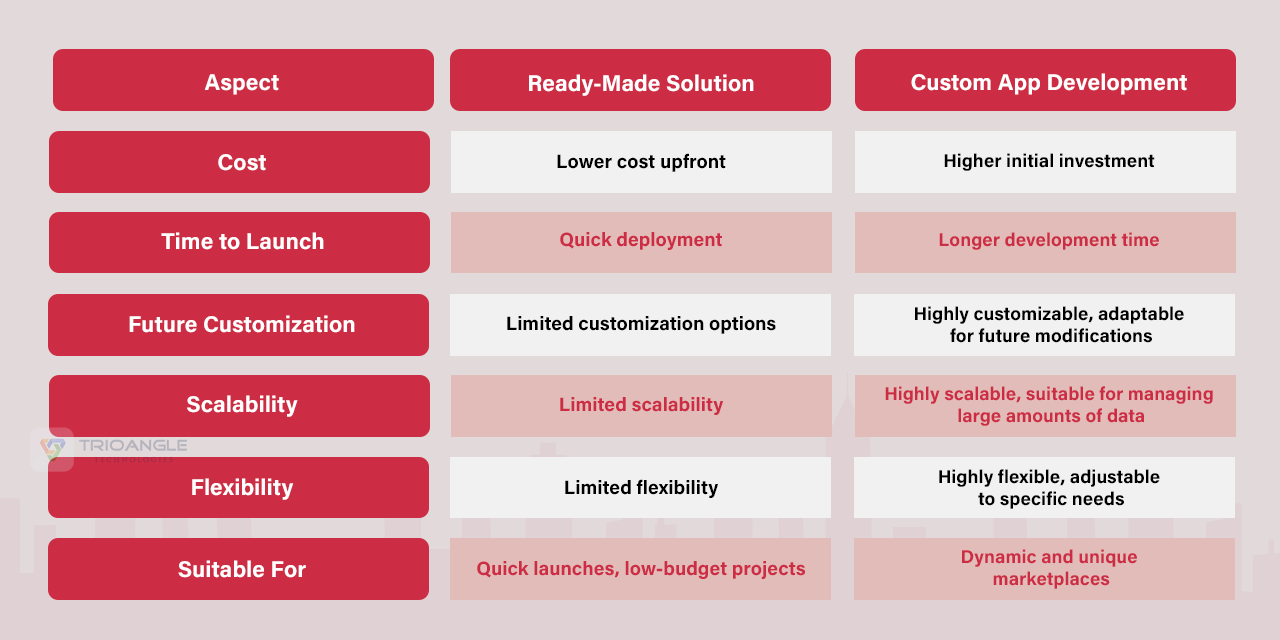
Ultimately, the choice between a ready-made rental script and custom solutions depends on your specific requirements, budget, and long-term goals.
Some effective ready-made rental scripts include Lime Clone, Travelocity Clone, and Hotels Clone Script. However, it’s important to consider the pros and cons of these ready-made scripts and choose one that best fits your needs.
2. Focus on Choosing the App Development Team
It may seem unusual to highlight this, but choosing the correct development team for your rental property platform is important. This team will be responsible for every step of the development process, from the very beginning to the end, and even beyond.
Therefore, it’s important to choose a team that is highly experienced, motivated, and trustworthy.
Experience, collaboration, and trust are key to reliability. A reliable property rental app development company will work closely with you to tailor the app to your specific needs.
You can choose different types of collaboration models, such as hiring in-house teams, using outstaff professionals, or outsourcing the entire development process.
Always consider their previous experience, reviews, and portfolio before making a decision.
3. Pay Attention to UI/UX Design for Your Property Rental App
When developing a property rental app, the main priority should be to create the right UI/UX design. Your rental platform should prioritize user-centered design to maintain high user retention rates.
Here are key aspects to focus on for the UI/UX design of your rental app:
- Ensure every aspect of your app meets customer needs and is easy to navigate.
- Carefully map out the customer journey and focus on each customer segment.
- Analyze the channels your users interact with during the rental booking process and identify areas for UX/UI improvement.
- Regularly conduct AB testing and gather feedback to understand user expectations and ensure you’re on the right track.
- Even after launch, maintain communication with your customers, collect their feedback, and update your app accordingly.
4. Focus on choosing the Tech Stack
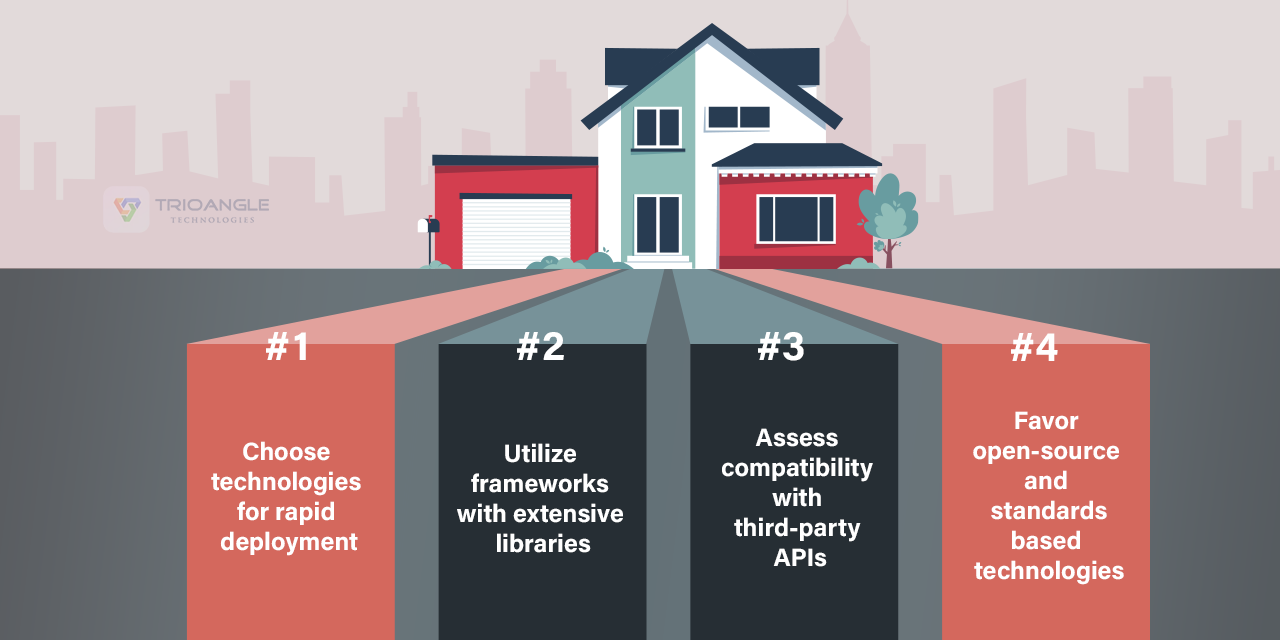
Choosing the right tech stack for your property rental app is important as it can significantly impact your app development budget and time.
Here’s how to approach it:
- Evaluate different technologies and frameworks based on factors like scalability, security, flexibility, and support. Ensure the chosen tech stack can accommodate future enhancements and updates.
- Stay informed about emerging technologies and industry trends to make informed decisions.
- Engage with technology communities, attend conferences, and look for expert advice.
Some recommended technologies for developing a rental property app include:
- Front-end Development: React Native for cross-platform development or Swift/Kotlin for native iOS/Android development.
- Back-end Development: Node.js is a popular choice, paired with a database solution like PostgreSQL.
- Mobile Development Tools: Android Studio and Xcode
- Cloud Storage: Amazon S3 or Google Cloud Storage
5. Choose a Sailent App Features
In the competitive property rental business landscape, the success of a platform hinges on its features and functionalities. A robust feature set not only simplifies the rental process but also ensures a seamless user experience.
During the requirements-gathering phase, identify the features that enhance the efficiency of your property rental app.
Below is a list of rental app features that you should consider incorporating into your platform:
- User-friendly registration
- Real-time property listing
- Advanced search capabilities
- Interactive maps
- Property recommendations
- Push notifications
- Availability and booking management
- Multiple payment gateways
- In-app communication
- Ratings and review system
- Analytics dashboard
6. Implement Robust Security Measures
In today’s digital landscape, data breaches and leaks are unfortunately all too common. When developing property rental management software, you have to handle sensitive user data, including IDs, payment methods, and property documents. Therefore, prioritizing security in building a rental property app is crucial.
Below are some key security measures to implement in your property rental management app:
- Encrypt user data at rest and in transit to protect against unauthorized access.
- Implement robust user authentication protocols, including two-factor authentication for added security.
- Ask property owners to provide verification documents and some onsite photos and videos to make sure the listed property is real.
- Conduct regular security audits to identify and address potential vulnerabilities.
- Ensure compliance with relevant data privacy regulations like GDPR and CCPA.
7. Focus on Platform Development
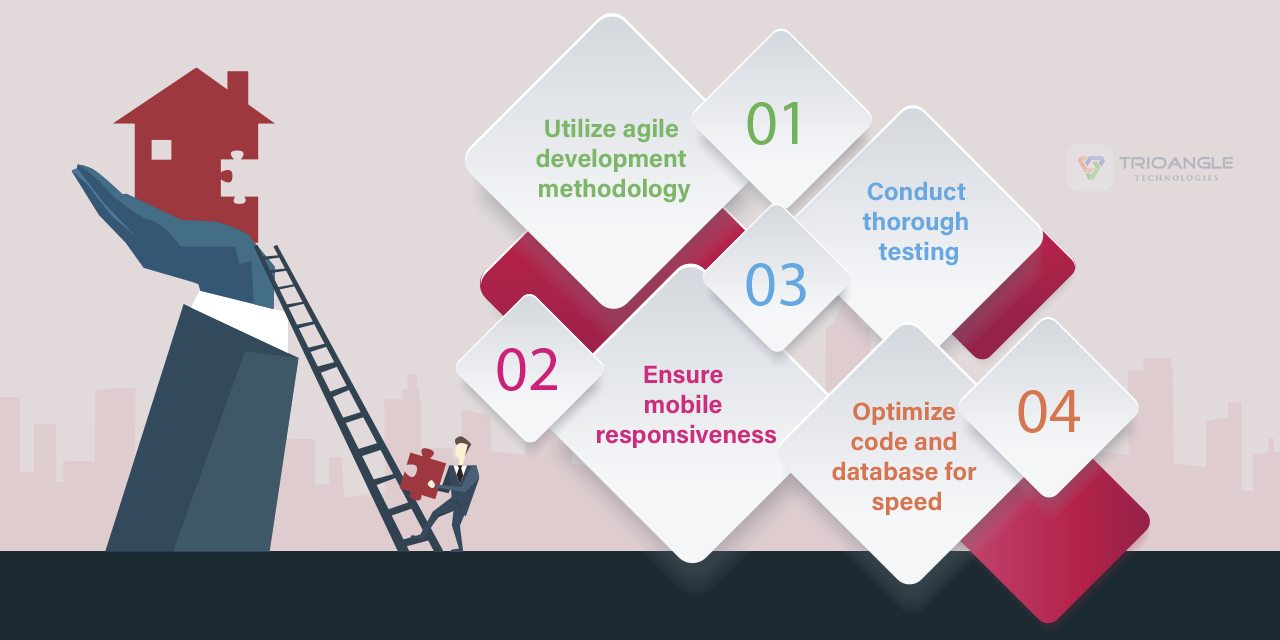
Successfully developing your property rental platform is important for ensuring a smooth transition and optimal utilization. This phase involves training your team, providing ongoing support, and monitoring the platform’s performance.
When developing a property rental app, consider the unique needs and workflows of your property rental business. Tailoring the platform to align with your specific needs can enhance efficiency and user adoption.
Engage with property owners and renters to gather insights and feedback to customize the app.
This ensures that the platform meets the diverse needs of your target audience and attracts a wide user base to your platform.
Build Your Property Rental App Today!
Rental marketplaces are in high demand today. Building a property rental script can significantly enhance your property management practices and boost your business’s success.
By following the key metrics outlined in this blog, you can create a platform that empowers both property owners and renters, streamlining the rental process and positioning your property rental business as a leader in the competitive rental market.
Ready to Start Building Your Property Rental App?

